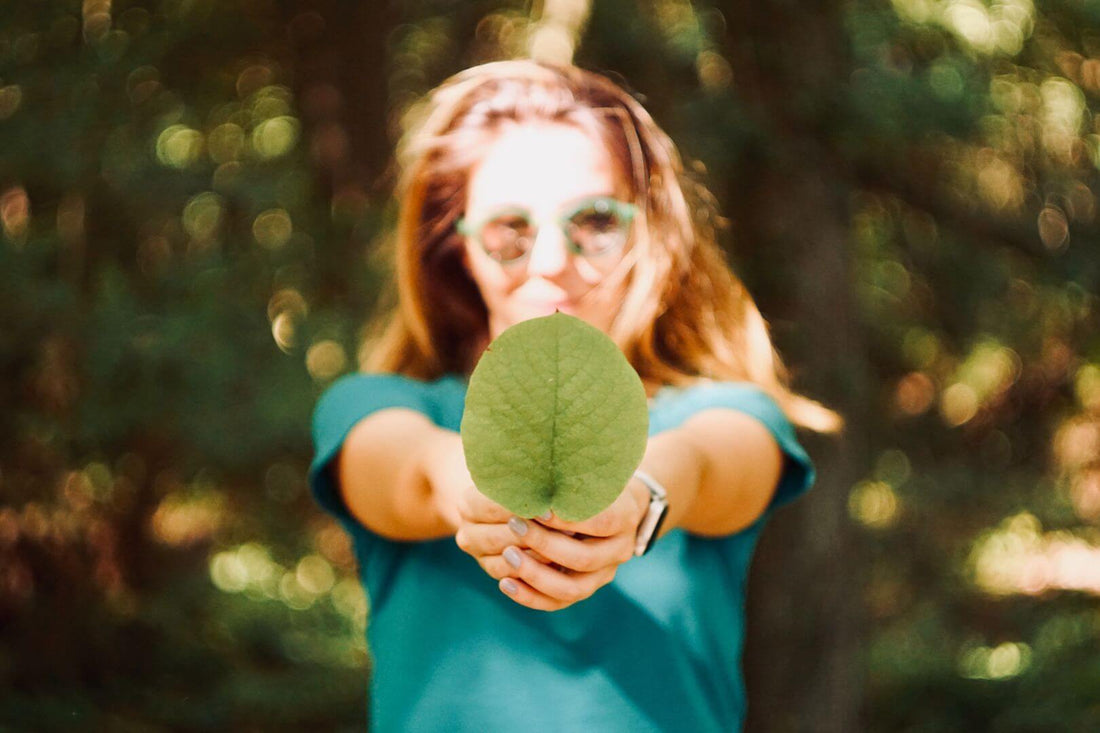Sustainability has become a core focus for many over the past decade. As we start to think about the future of our planet and the future our children we have, we can start to think about how we can become a more sustainable parent.
In response to these thoughts, we've started to see "eco parenting," also known as "eco-friendly parenting" or "sustainable parenting" emerge. This is a parenting approach that emphasizes environmentally conscious and sustainable practices in raising children.
Sustainable parenting involves making choices that reduce your family's ecological footprint and promote a healthier, more sustainable future for your children and future generations.
Here are some ways to incorporate eco-friendly practices, including the use of PeapodMats, into your parenting approach and teach children to be eco-conscious:
- Use PeapodMats for Bedwetting: Explain to your children that using PeapodMats reusable bedwetting mats instead of disposable liners helps reduce waste, as they can be washed and used repeatedly. Involve your kids in the process of changing and washing PeapodMats to teach them about eco-friendly diapers/liners.
- Talk About Waste Reduction: Engage in age-appropriate discussions with your children about the impact of waste on the environment. Explain that using reusable products, like PeapodMats, is a way to reduce waste and protect the planet.
- Set a Green Example: Children often learn by observing their parents. Lead by example and demonstrate eco-friendly behaviors in your daily life, such as recycling, composting, and conserving energy.
- Nature Exploration: Spend time outdoors with your children to foster a love for nature. Explore parks, go for hikes, and participate in nature-based activities. This will help your children develop a connection to the environment.
- Teach the Three Rs: Teach your children about the importance of the three Rs: Reduce, Reuse, Recycle. Explain how these principles can be applied in everyday life to minimize waste.
- Hands-On Learning: Involve your children in sustainable practices, such as planting a garden, composting food scraps, and upcycling old items into new creations. Check out Outdoor Play Canada's resources for some learning ideas.
- Reduce Water and Energy Use: Show your kids how to conserve resources by turning off lights, faucets, and appliances when not in use. Explain the benefits of saving water and energy.
- Eco-Friendly Crafts: Encourage creative play with eco-friendly craft projects using recycled materials. This can be a fun way for kids to learn about repurposing and sustainability.
- Choose Sustainable Products: When shopping for baby and children's products, opt for eco-friendly and non-toxic options. Involve your kids in making choices that align with your eco-conscious values.
- Zero-Waste Lunches: Teach your children to pack zero-waste lunches using reusable containers and utensils. Avoid single-use plastic bags and wrappers and opt for some reusable bags like Stasher or beeswax wraps from Abeego.
- Waste Sorting: Encourage kids to sort waste into recycling, compost, and landfill bins. Make it a game or challenge to engage their interest.
- Educational Resources: Explore age-appropriate books, documentaries, and websites about environmental issues with your children to increase their understanding.
- Outdoor Cleanup: Organize family outings for cleaning up local parks or beaches. This hands-on experience reinforces the importance of caring for the environment. Some cities and communities provide clean up equipment to residents who organize clean ups so check your local municipality's website!
- Environmental Values: Talk to your children about your family's values when it comes to sustainability and the importance of being good stewards of the Earth.
- Eco-Friendly Celebrations: Plan eco-friendly birthday parties and holidays that reduce waste, like using reusable decorations and wrapping presents in fabric or reusable gift bags.
Teaching children to be eco-friendly from a young age helps them develop a deep respect for the environment and a commitment to sustainable practices. Incorporating products like PeapodMats into your eco parenting strategy is a practical way to reduce waste and lead by example in making environmentally conscious choices.

